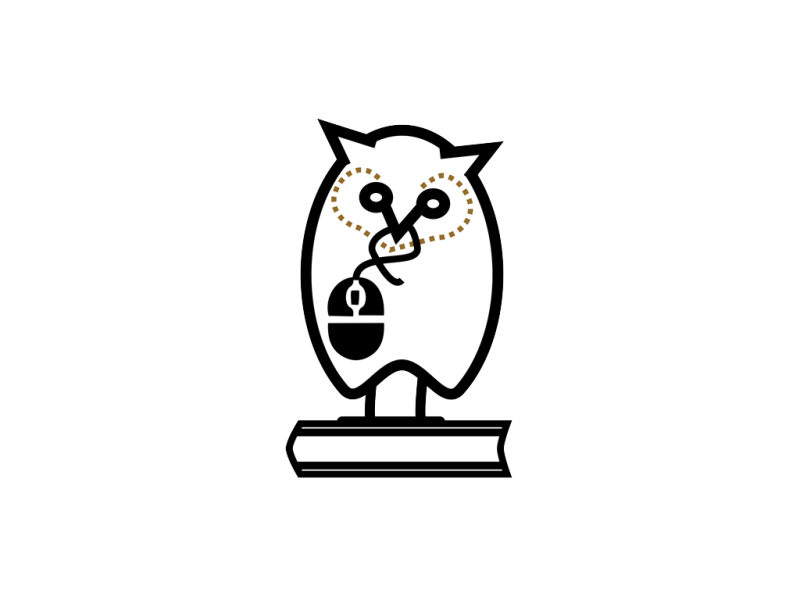
What happens when you give a Wikipedia editor a research library?
The Wikipedia Visiting Scholars program gives editors special access to university and library resources, which helps them improve content quality and support new collaborations, as part of the Wikipedia Library project.
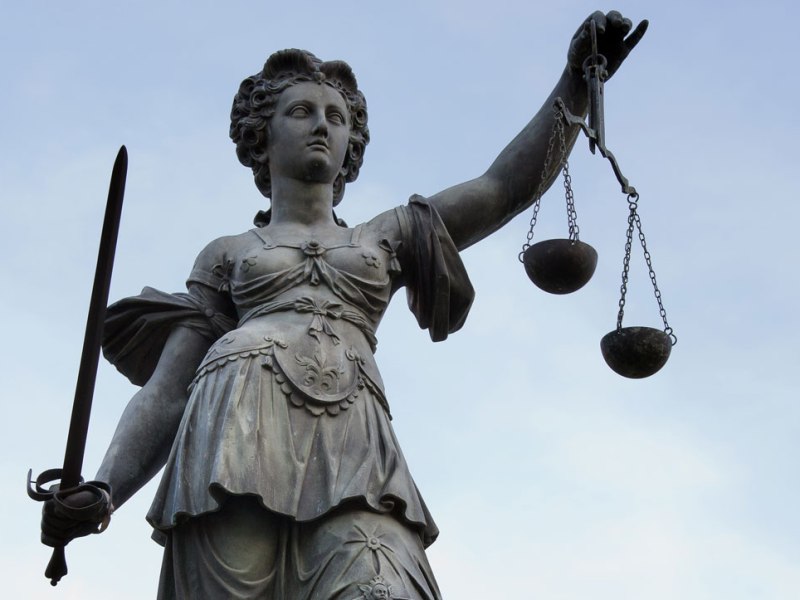
Wikimedia v. NSA: Wikimedia Foundation files suit against NSA to challenge upstream mass surveillance
Today, the Wikimedia Foundation is filing suit against the National Security Agency (NSA) and the Department of Justice (DOJ) of the United States. The lawsuit challenges the NSA’s mass surveillance program. (..)
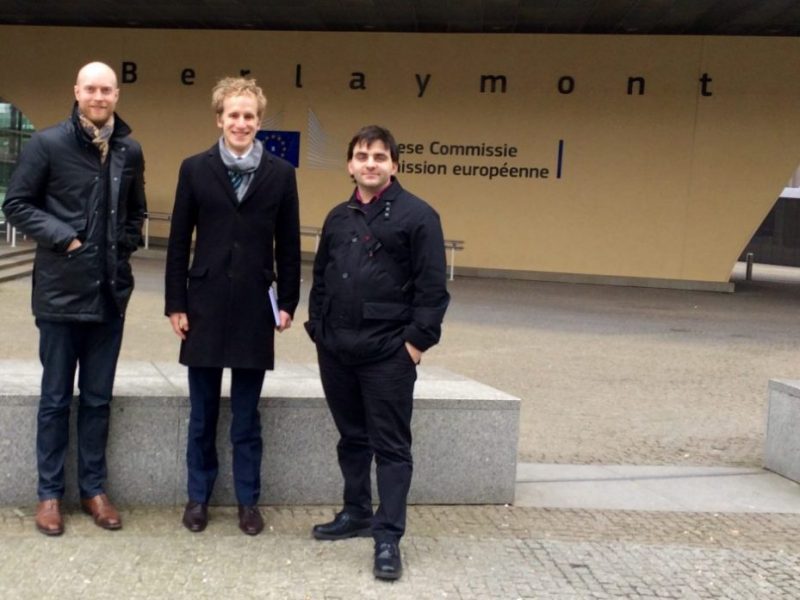
Taking a stand for free knowledge in the European Union
When the European Commission held an official hearing on copyright reform, a representative of the European Wikimedia chapters participated (...)
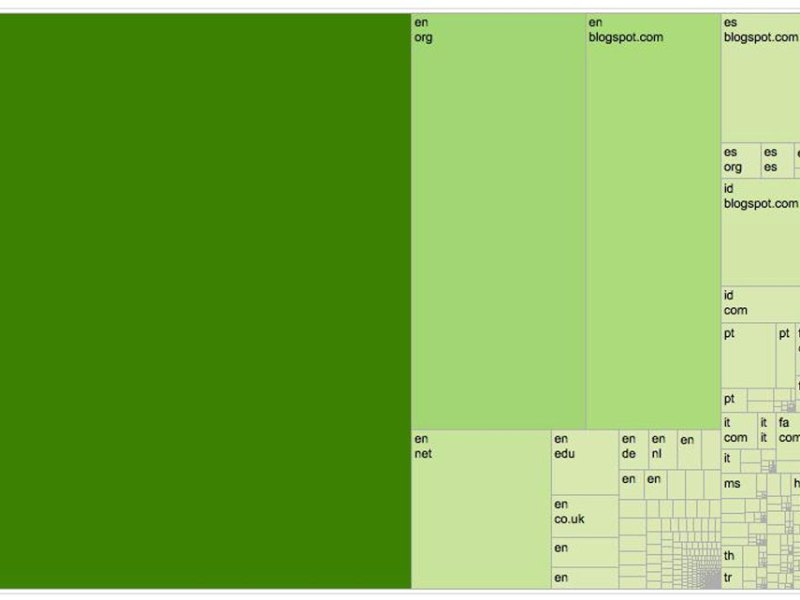
Who links to Wikipedia?
To learn more about who links to Wikipedia, University of Sheffield researchers analyzed the structure of links that point to Wikipedia pages from external websites. Here's what they found. (...)

Top 10 Most Edited Pages on Wikipedia in 2014
Wikipedia is the world’s largest free knowledge resource, but what makes it so unique is its dynamism–it is a living, breathing knowledge network that changes all the time, thanks to hundreds of thousands of editors around the world who keep it growing and current. ... Here are the top 10 most edited pages on English-language Wikipedia in 2014. Many of the topics are to be expected, like Deaths in 2014 or the Israel-Gaza Conflict. (...)
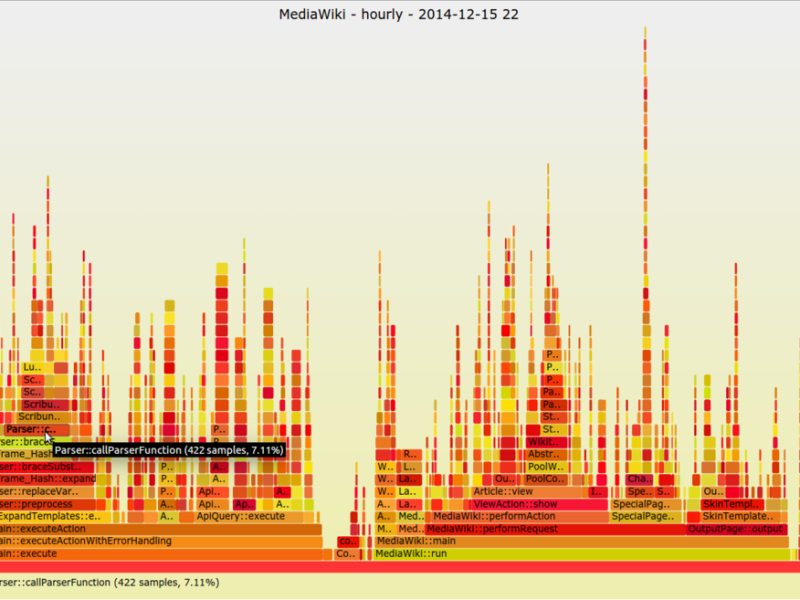
How we made editing Wikipedia twice as fast
The creator of the wiki, Ward Cunningham, wanted to make it fast and easy to edit web pages. Cunningham named his software after a Hawaiian word for “quick.” That’s why the Wikimedia Foundation is happy to report that editing Wikipedia is now twice as quick. Over the last six months we deployed a new technology that speeds up MediaWiki, Wikipedia’s underlying PHP-based code. HipHop Virtual Machine, or HHVM, reduces [...]

Using Licenses in an easy (and legal) way
[...] “Open Content – A Practical Guide to Using Creative Commons Licences” is a publication by the German Commission for UNESCO, the North Rhine-Westphalian Library Service Centre and Wikimedia Deutschland. [...]
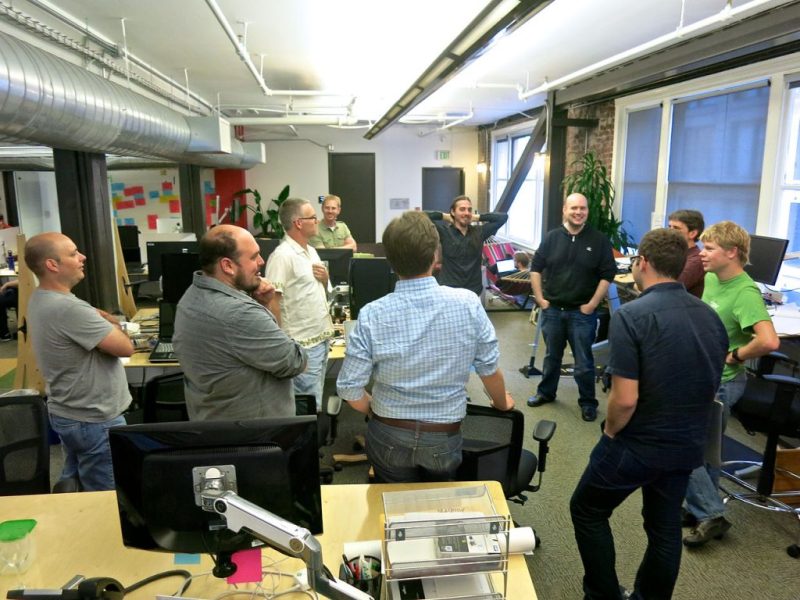
Welcome to Phabricator, Wikimedia’s new collaboration platform
Wikimedia launches a space for collaboration open to all contributors: phabricator.wikimedia.org. Primarily devoted to software development, this platform also welcomes non-technical projects. Wikimedia Phabricator has been available since September for early adopters. Its prime time starts this week, after having incorporated 73,681 reports migrated from Bugzilla, the bug management tool that has served our projects….

Wikimedia supports the Lyon Declaration and Access to Knowledge
The Wikimedia Foundation is proud to join the Lyon Declaration on Access to Information and Development which calls for United Nations member states to provide all people the ability to access and share knowledge. After all, this speaks to the ambition of the Wikimedia movement: sharing the sum of all human knowledge to all people around the world. [...]
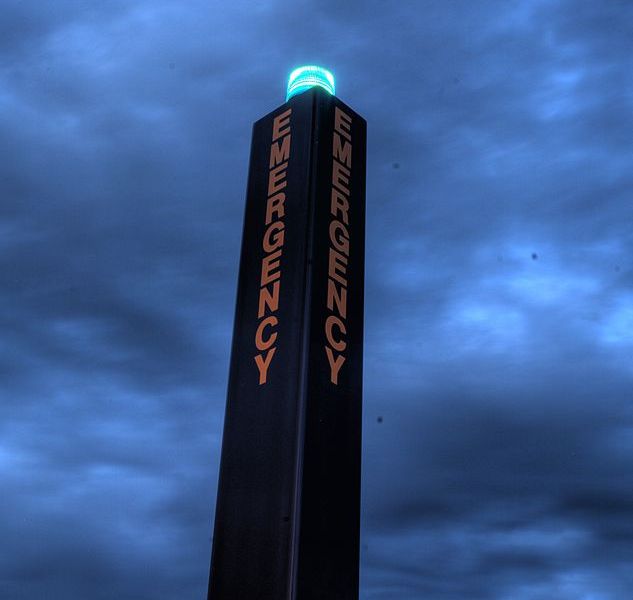
A behind the scenes look at the Wikimedia Foundation’s emergency response system
When my work phone rings in the middle of the night, I don’t ever have to wonder what it is. As one of the team of five who are charged with addressing emails sent to the Wikimedia Foundation’s emergency address, I sleep lightly on nights when I’m on call. [...]
Help us unlock the world’s knowledge.
As a nonprofit, Wikipedia and our related free knowledge projects are powered primarily through donations.
Donate now